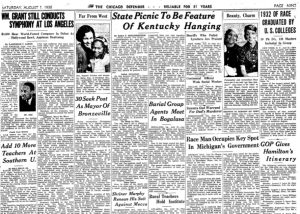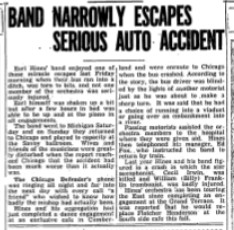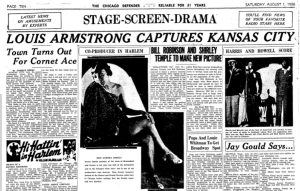Tania León is a name synonymous with innovation and cultural richness in contemporary classical music. She was born in Havana, Cuba, in 1943, and moved to the United States in the 1960s. She came over as a refugee on one of the “freedom flights”, which were flights that brought people from Cuba to the United States after much negotiation between the countries.
León is very well known for being a composer, conductor, and educator. She started composing after helping start the Dance Theater in Harlem and co-founder and choreographer Arthur Mitchell encouraged her to start writing music for the ballet. She is now the music director of the ballet. She found that she had a real knack for composing and won a Pulitzer prize for her orchestral work titled Stride, inspired by Susan B. Anthony.
In addition to composition and piano, she has done a lot of work in education and amplifying underrepresented voices. She helped found the group based in New York named “Composers Now,” whose purpose is to bring forward the voices of diverse composers.
In addition to all of these accomplishments, she is also a well-known conductor. Having studied with conductors such as Leonard Bernstein and Seiji Ozawa, she found a knack for this area of music as well. On being a female Cuban conductor she says “It’s not common for a woman of my skin color to conduct serious music, so I have to know the score inside out, or work twice as hard as male conductors.” This quote from her highlights the importance of recognizing the hard work that she has put in and all of the boundaries that she had to overcome to get to where she is today. Tania León has had and continues to have a major impact on the world of classical music.
Works Referenced:
Carnegiehall.org. Accessed October 1, 2024. https://www.carnegiehall.org/Explore/Articles/2024/04/01/An-interview-with-Debs-Composers-Chair-Tania-Leon.
Huizenga, Tom. “The Unplanned, Unstoppable Career of Composer Tania León.” NPR, December 2, 2022. https://www.npr.org/2022/12/02/1139948319/the-unplanned-unstoppable-career-of-composer-tania-leon.
“Tania León: Quote on Women Music Conductors.” In The American Mosaic: The Latino American Experience, ABC-CLIO, 2024. Accessed October 1, 2024. https://latinoamerican2.abc-clio.com/Search/Display/1327973.








